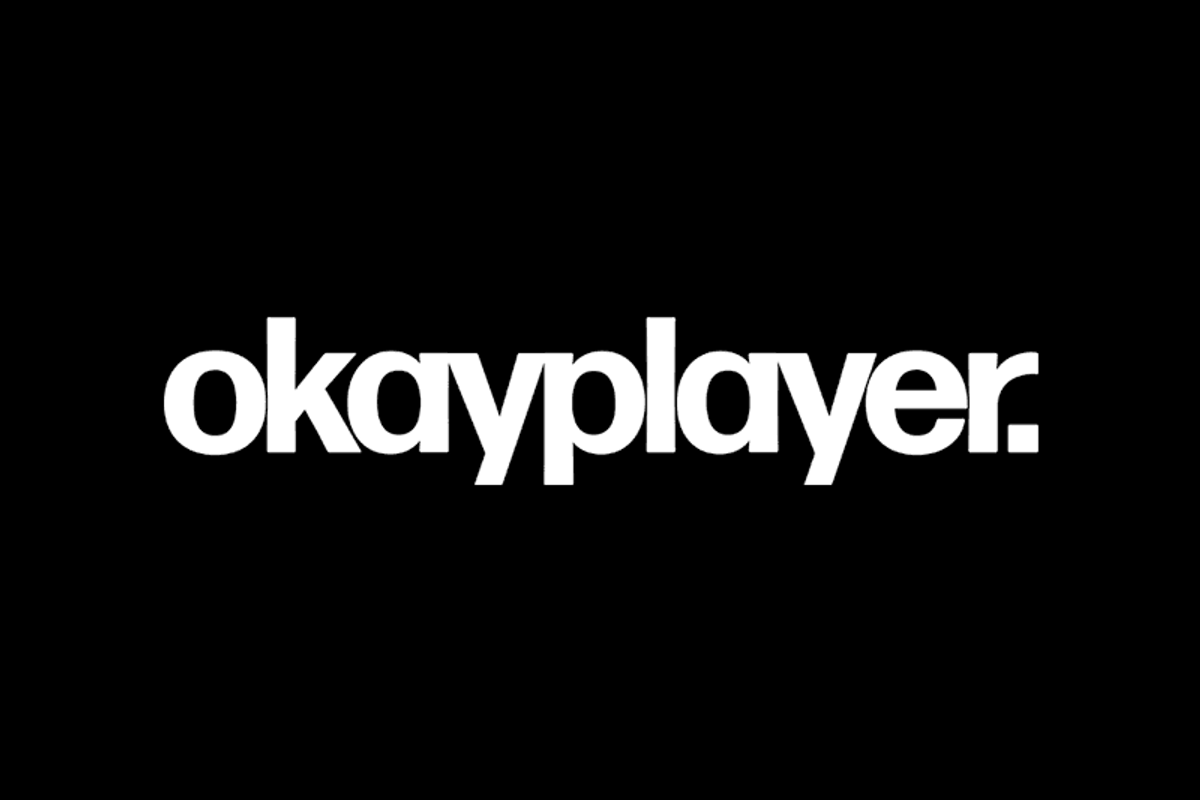
Bad Brains performing at Valley Green Complex, photo by Lucian Perkins
To continue reading
Create a free account or sign in to unlock more free articles.
By continuing, you agree to the Terms of Service and acknowledge our Privacy Policy
Register
The content is free, but you must be subscribed to Okayplayer to continue reading.
THANK YOU FOR SUBSCRIBING
Join our newsletter family to stay tapped into the latest in Hip Hop culture!
Login
To continue reading login to your account.
Forgot your password?
Please enter the email address you use for your account so we can send you a link to reset your password:

When discussing the history of American hardcore punk music, one of the first names often mentioned is Bad Brains. The all black band was an anomaly in the predominantly white scene, but they proved that black people could rock just as hard and fast as everybody else. Their self titled debut album is considered one of the best records to come from the genre, blending fast punk riffs and reggae in a way that ultimately influenced the sounds of bands such as Red Hot Chili Peppers, Fishbone and countless others.
Now an exhibit in Los Angeles has been created in honor of the group's influential legacy. Banned In Babylon: The Art And Culture Of Bad Brains, explores the band's beginnings and the impact of their music on people across the world. The show features colorful paintings by Bad Brains bassist Darryl Jennifer; memorabilia including rare fliers, posters and records; mixed media pieces by Shepard Fairey (the artist who presently operates the show's exhibition space, Subliminal Projects); and archival photography by Pulitzer Prize-winning photojournalist Lucian Perkins, Brains superfan John Mousheghian, and Jeannie "Aunt Jean" Pawlowski — the aunt of Cro-Mags founder Harley Flanagan who has been photographing Bad Brains since 1981.
The archival photography (some of which is currently available to see on the Subliminal Projects website) is a treat to see: Perkins captured some really great moments from the early parts of the Brains' career, including a performance at a DC housing project, that found the punk subculture shoulder-to-shoulder with black people living in one of the roughest parts of the city.
In an interview with Mass Appeal Perkins elaborated on that show and how he perceived it.
"This was a show where – and I think HR may have planned it this way – you have a lot of kinda middle-class white kids going into one of the roughest areas of Washington, DC. And as weird as it sounds, I think possibly a lot of the younger kids in this housing project had rarely seen a white person in-person. A lot of the punk kids had certainly never been to a housing project. It was quite a shock for everybody in that sense. Of course, the punk kids were dressed pretty outrageously. A lot of the people that lived there didn’t know what to make of it. They had a difficult time understanding the music too because it was so different from what they were used to hearing. On some levels, it was a real disconnect. But, at the same time, I think it really helped a lot of people understand the world around them a little differently."
Banned In Babylon will be open until August 20, so if you find yourself in LA and want to check out something not only awesome but important, this is the event to go to.